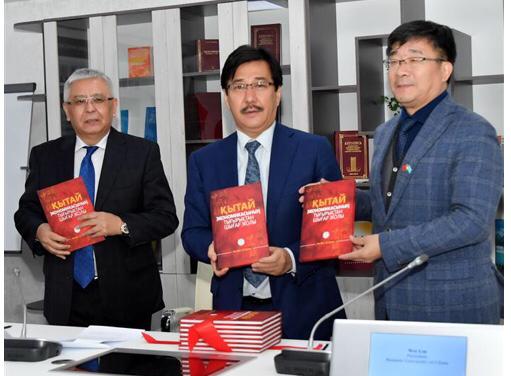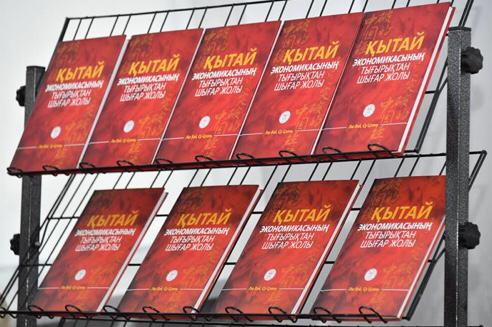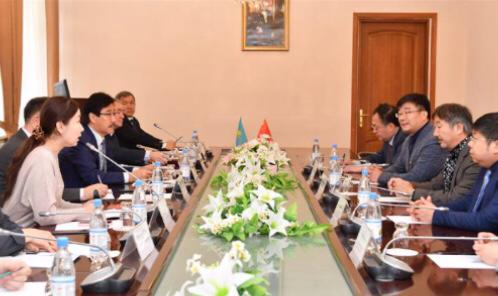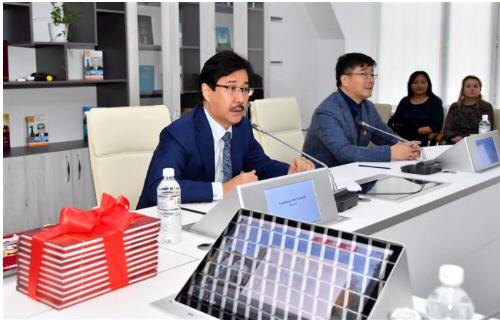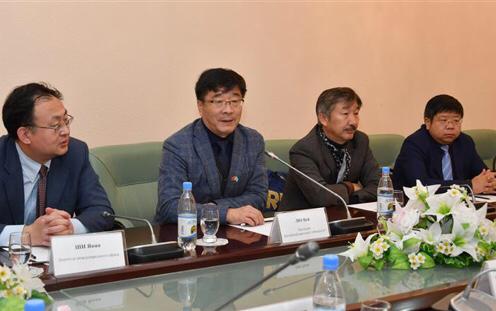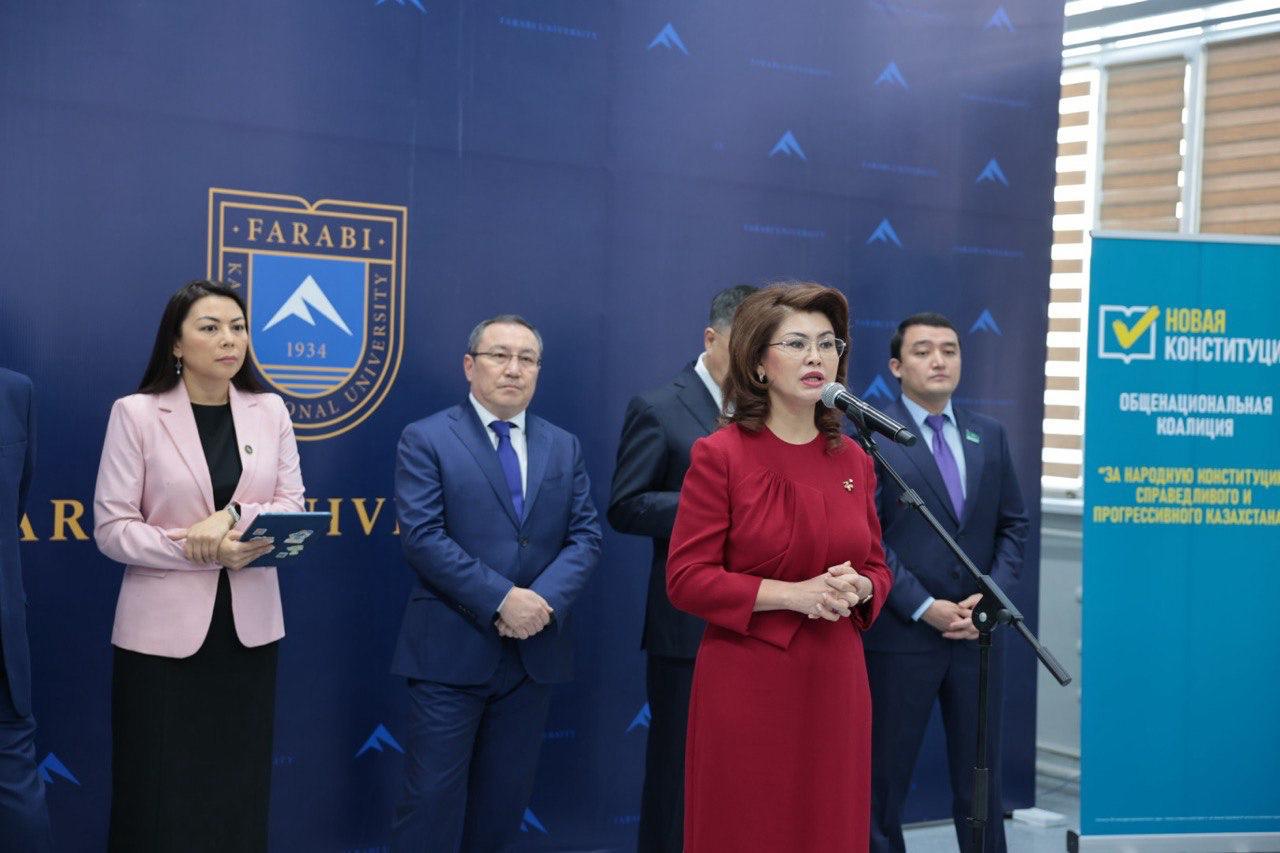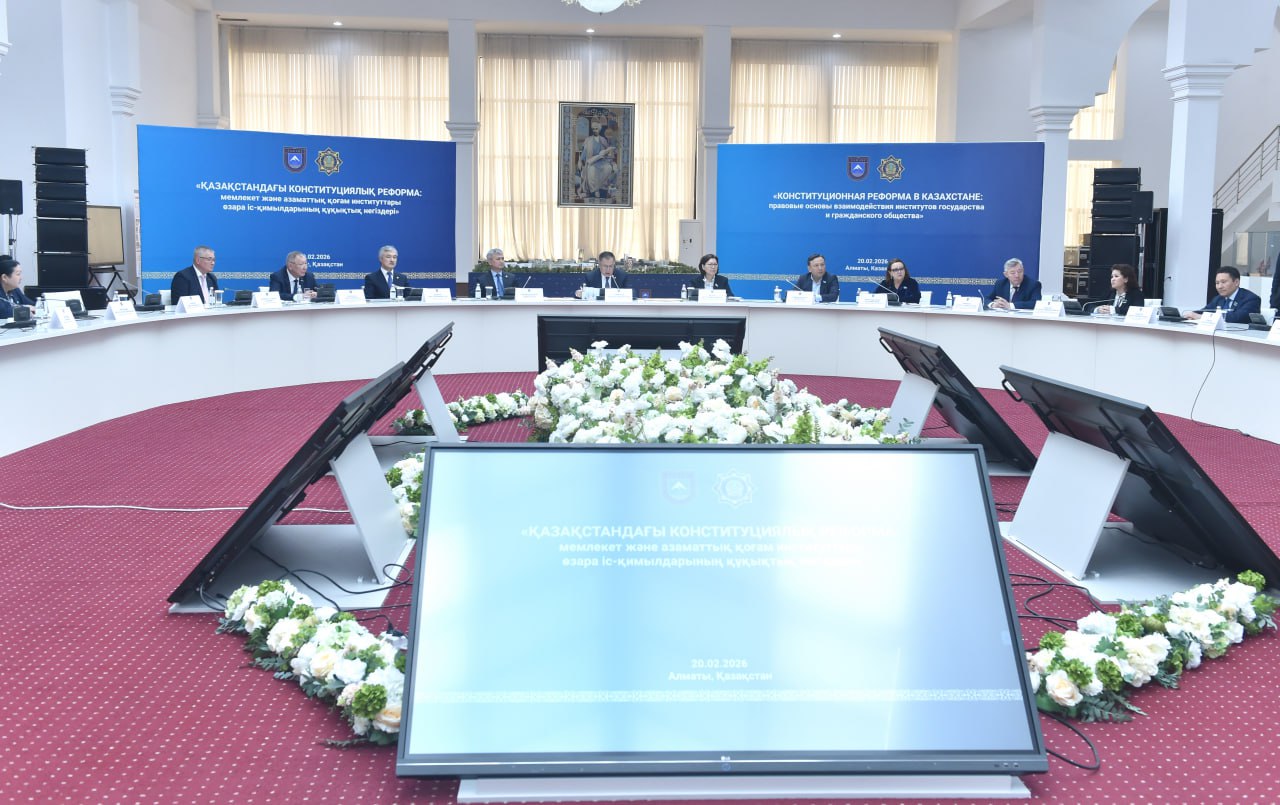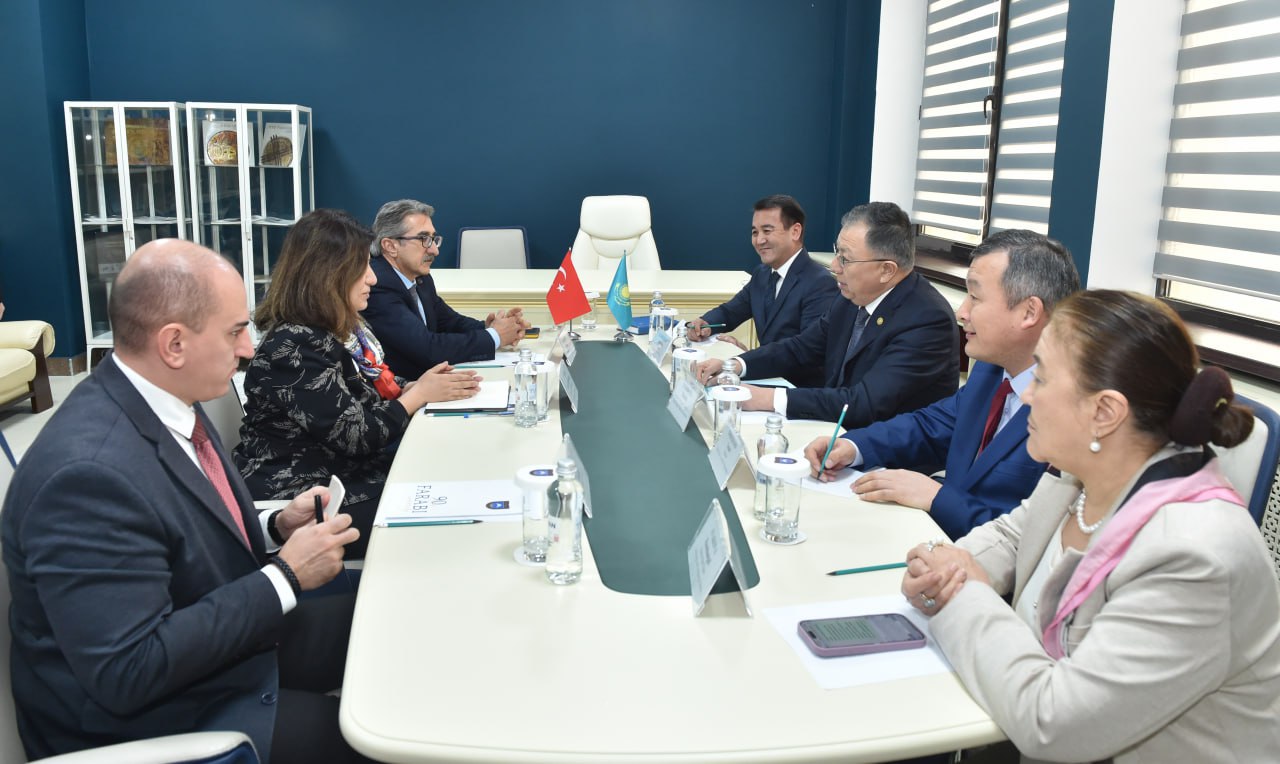China in a new reality and search for sustainable economic growth
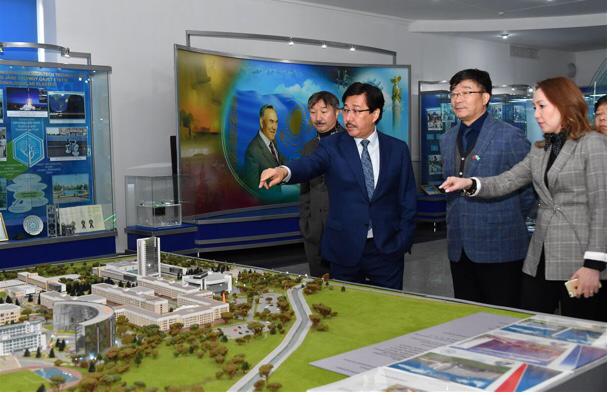
Chinese economy has developed at a rapid pace for more than three decades, following a strategy of strong export orientation, large investments and energy-intensive production. At present, the country is undergoing profound and wide-ranging changes that constitute a New model of Chinese economic growth, which focus on the following components: reducing inequality, innovation, services and environmental sustainability. The country has become the largest international investor. The new phase and stage of development has been announced by President XI Jinping and called the "New Normal". Sustainable development has become an integral part of China's development strategy.
Socio-political and economic reforms that began in the 70s’ of the XX century were a prerequisite for achieving such a phenomenal result on the world stage. China is a state that has achieved a new progressive growth of economic development. The importance of comprehensive reforms carried out in the New Era of Chinese Economy should particularly be noted. Currently, scientific and technological achievements serve the basis for the modernization of the production structure and contribute to economic efficiency.
The collective monograph of Chinese scientists analyzes the economic, financial, environmental and demographic problems of a dynamically developing economy and examines the importance of the capital market and the practical implementation of structural reforms.
Researching the theory of economic cycles, in particular Kondratieff cycles, the authors provide statistical data confirming the presence of cyclic waves and their dynamics for the period from 1980 till present time. This study enables to determine what phase of the economic cycle the Chinese economy and the world economy are at as a whole.
The book provides scientific-methodological substantiation of the importance of applying the Keynesian approach of economic regulation, which is related to a high level of employment and price stability and to promoting economic growth.
Today, the problems of demographic policy in the country are highly relevant, due to the rapid aging of the population. Therefore, the issues of demographic policy and new family planning did not remain untouched. "One family – two children" demographic policy has been introduced currently. The authors consider the main demographic results of the previous years, the attitude to the issue of the birth of a second child in China, changes in the policy of birth control and the relationship of these changes with demographic indicators.
Scientists of the Republic of Kazakhstan also made presentations.
A.A. Satybaldin, Director of Institute of Economics of Science Committee of Ministry of Education of the Republic of Kazakhstan, underlined the success of People's Republic of China which has become world’s second state in terms of GDP and provides an effective modernization in the sphere of public life of the country.
E. B. Zhatkanbayev, Doctor of Economics, Professor of the Higher School of Economics and Business, shared his positive insights on the content of the book and wished Chinese scientists success in future research activities.
Professor Mutanov G. M., Rector of the University, also dwelt on the main decisive prerequisites for successful development, stressing that within a historically short path, China has achieved incredible economic success, having transformed from a poor third-world country to the first.
At the end of the meeting, a Memorandum on Scientific and Educational Cooperation between Al-Farabi Kazakh National University and Beijing Renmin (People's) University was signed.
In conclusion, it is noteworthy to mention that modern reform and transformation of China's economy are a course for sustainable development, aimed not only at quantitative but also qualitative indicators. Economic reforms are gradual, continuous and step-by-step; systemic reform involves reforming not only the economy and economic life of society, but also political system, education system, science, technology and culture.
Professor J.Ya. Aubakirova, Doctor of Economic Sciences,
L.Zh. Ashirbekova, PhD in Economics,
Professor G.N.Sansyzbaeva, Doctor of Economics.
